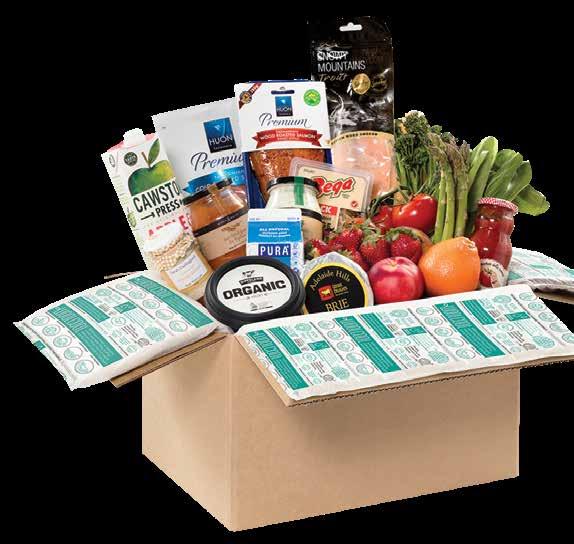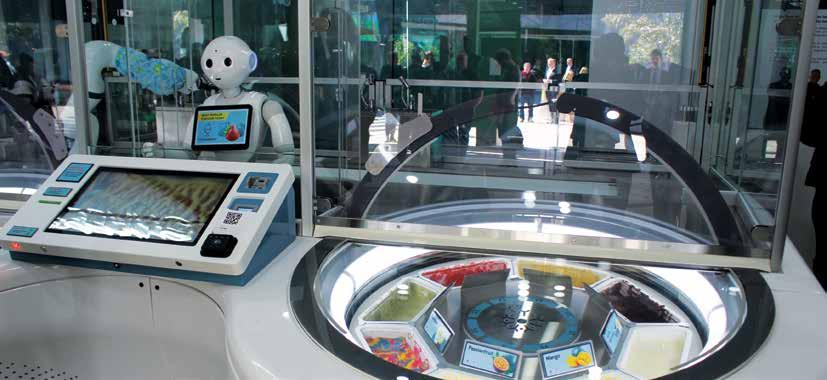LEAN MANUFACTURING
Don’t forget about Lean manufacturing With the IoT and Industry 4.0 making waves over the past 18 months, the relevance of Lean manufacturing is being questioned. It shouldn’t, according to Lean advocate Tim McLean.
L
ean manufacturing in the food industry has traditionally been about reducing waste – it has been about reducing down time, material waste, and making sure plant and machinery are running as efficiently as possible. However, with the advent of Industry 4.0 and the Internet of Things (IoT), some companies who deal with the food and beverage industry think that Lean manufacturing principles are getting left behind, which could be a mistake. Tim McLean is the managing director of TXM Lean Solutions, a company that specialises in helping manufacturers implement transformative lean methodologies into their workspace. He believes
"Lean for us is a set of principles and techniques that eliminates waste and maximises value by delivering to customers exactly what they need, when they need it, in the quantity they need, in the right sequence, without defects and at the lowest possible cost." that the new technologies of Industry 4.0 and Lean thinking can work together. The first question is, what exactly is Lean? “Lean for us is a set of principles and techniques that eliminates waste and maximises value by delivering to customers exactly what they need, when they need it, in the quantity they need, in the right sequence,
without defects and at the lowest possible cost,” he said. So, why does he think there is an issue between Lean manufacturing and the principles that are outlined with Industry 4.0/IoT? “Lean is primarily about people and process and some Industry 4.0 aficionados see this as ‘old school’ thinking. These Industry
4.0 enthusiasts argue that we won’t need Lean because we’ll have selfoptimising machines which optimise themselves through machine learning and artificial intelligence. This is a very narrow interpretation of Lean – thinking of it as just reducing waste in the production process,” he said. “But it resonates in the food industry, because we have a lot of machine-driven processes, where the output is determined by the output rate of a machines. Big Food and FMCG companies tend to have a functional silo structure where they have got operations, procurement, supply chain, logistics – all as separate functions reporting through to different areas. The role of manufacturing in this structure A key to lean manufacturing is reducing set ups between jobs.
36 Food&Beverage Industry News | November 2019 | www.foodmag.com.au












